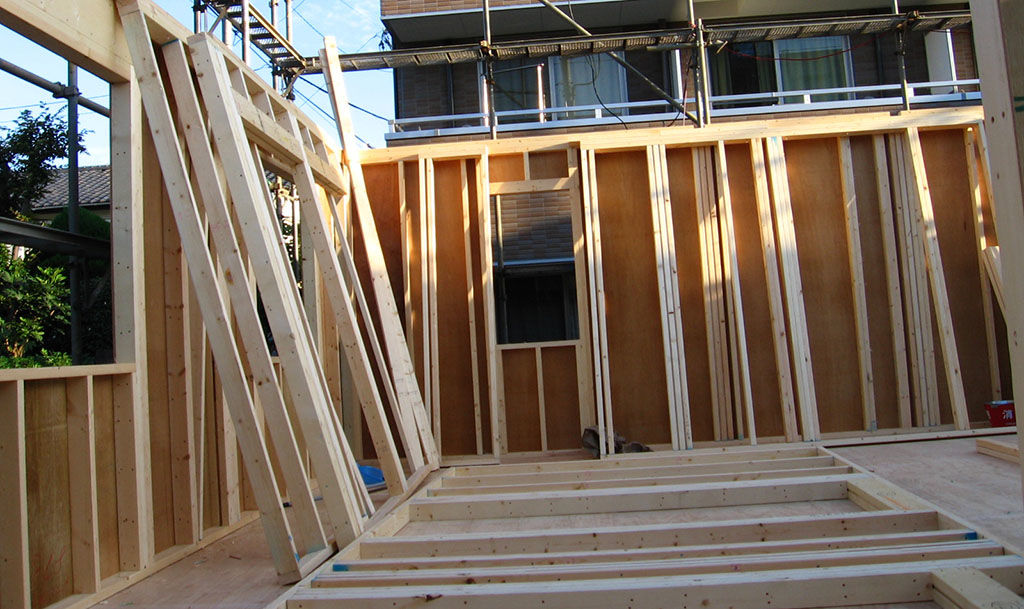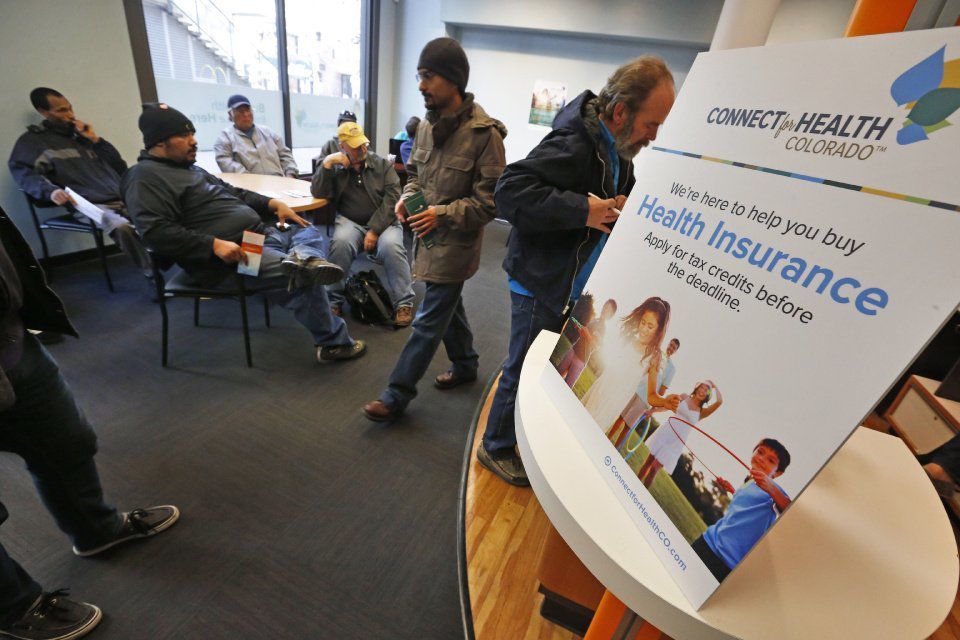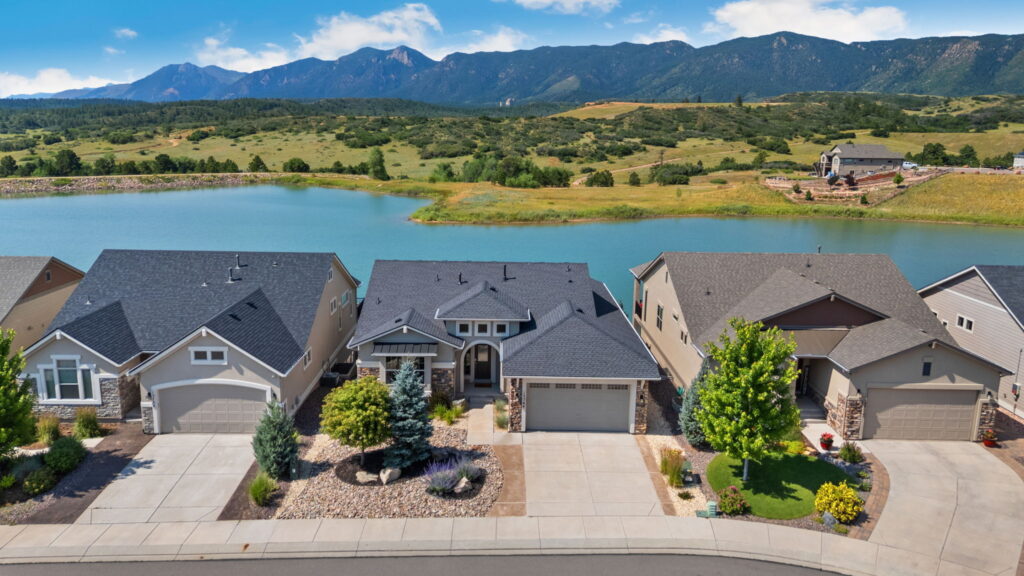Construction defect reform stalls amid affordable housing fixes (updated)

After months of speculation about what the Legislature would do to address concerns about construction defects, the answer is in: nothing. The closest lawmakers could get to anything resembling a bipartisan bill dealing with the contentious issue was the creation of a study group. But even that proposal was killed in a House committee.
House Minority Leader Brian DelGrosso, R-Loveland, said that leadership seemed to be opposed to any compromise on construction defect reform — that they didn’t even want to discuss the matter.
The compromise legislation, SB 16-213, sponsored by Senate Majority Leader Mark Scheffel, R-Parker, and Sen. Jessie Ulibarri, D-Commerce City, would have commissioned a study on litigation and suggested statutory changes, along with a pilot program within the judicial department for managing construction defect claims. The report would be due in March 2017.
The bill passed out of the Senate State, Veterans and Military Affairs Committee Friday afternoon on a 4-1 vote and headed to Senate Appropriations.
Affordable housing has been a top priority for both Democrats and Republicans this year, but lawmakers split over how to address the problem and have been haggling behind closed doors for months on the specifics.
Democrats have pressed for tax credits and other incentives to help people afford homes. Republicans have been pushing to make it harder for homeowners to sue builders for construction defects, which, they contend, would lead to more construction.
While Republicans have argued that a lack of housing stock demonstrates the need for construction defect reform, few Democrats have bought into that idea. Rep. Max Tyler, D-Lakewood, has maintained throughout the debate that developers aren’t declining to build affordable housing projects because the current construction defect law gets in the way but, rather, because they can make so much more money building high-end developments.
It wasn’t until late Thursday that the final bell rang on construction defect reform, when interested groups fired off competing emails lamenting the inability of lawmakers to come up with a fix and blaming opponents for the failure.
“I’m disappointed we weren’t able to come up with a compromise,” said Jonathan Harris, a Denver condominium owner and president of the homeowners’ advocacy group Build Our Homes Right.
While Republicans were only able to put together a study group on litigation reform, Democrats in the House passed three separate bills to provide tax credits and other incentives to boost homeownership and affordable housing.
Only two of those bills survived committee votes in the Senate on Monday.
The bill that failed, HB 1466 sponsored by Tyler and Rep. KC Becker, D-Boulder, was the only bill of the three that failed to draw a Republican sponsor in the House and Senate. The bill would have taken $40 million from the state’s unclaimed property trust fund and put it toward funding affordable housing projects.
Most Republicans voted against all three Democratic proposals. Some argued that money could be better spent on schools. Others said the measures were simply too significant to consider properly with less than a week remaining in the session.
During the second House committee hearing on all three bills Thursday night, Rep. Patrick Neville, R-Castle Rock, and other Republicans said again and again that any effort to increase affordable housing had to include construction defect reform.
“This is just treating the symptom of the problem,” Neville said on the House floor Thursday night.
The gridlock over construction defect reform has endured for several years in Colorado, prompting 11 cities — including Denver and Colorado Springs — to pass their own fixes.
Democratic lawmakers, nonetheless, insist that significant affordable-housing proposals can make it to the governor’s desk this year.
“We need to figure out how to deal with this issue of people not having anywhere to live,” said Tyler, pointing to figures compiled by the state Division of Housing that show some 160,000 Colorado households spend more than half their monthly income on rent or housing.
Sales of new homes nationwide accelerated sharply in 2015, the U.S. Commerce Department has reported. Americans rushed to buy new homes, with 2015 marking the strongest year for this segment of the housing market since 2007.
Homebuilders have ramped up construction, but that hasn’t necessarily led to increased affordability. Only 19 percent of new-home sales were priced below $200,000 in 2015, down from 23 percent in 2014, according to real estate firm Trulia.
This story has been updated to reflect developments at the Capitol on Monday.
— Ramsey@coloradostatesman.com
Colorado Politics Must-Reads:













